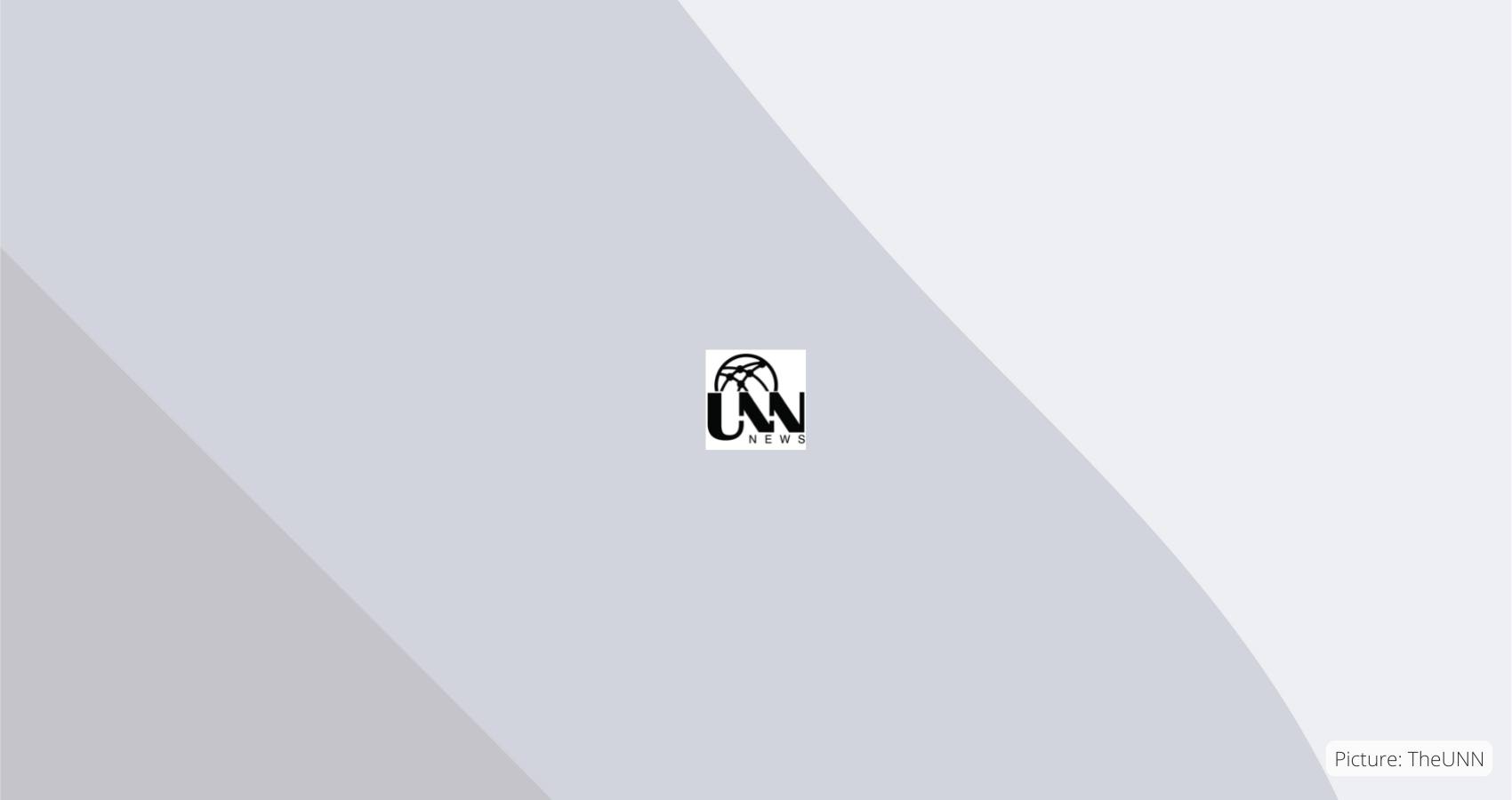UNITED NATIONS, Aug 1, 2016– Press freedom is essential pillar of the UN human rights system guaranteed through Article 19 of the International Covenant on Civil and Political Rights (freedom of opinion and expression) and a part of customary international law which means that every UN member is duty bound to enable the exercise of this right.
“The UN plays an important role in shaping norms and setting agendas so it is an important the UN put journalist safety and press freedom at the heart of its work, from human rights to sustainable development and everything in between,” Radsch told IPS.
But in reality far many UN member states continue to undermine press freedom through restrictive laws, by jailing and killing journalists or not properly investigating attacks on journalists and bringing perpetrators to justice.
An UN Committee responsible for giving non-government organisations (NGOs) UN accreditation has had one of its decisions overturned by other UN member states as it seems to be restricting NGOs which are perceived to be critical of governments.
On Monday 25 July, a larger meeting of the UN Economic and Social Council (ECOSOC) voted to give ECOSOC consultative status to The Committee to Protect Journalists (CPJ) a United States based NGO, after its application was rejected by the smaller ECOSOC committee for the fourth time.
The only reason CPJ was finally accepted was because a vote by the Economic and Social Council was forced by supportive member states, overriding the previous denial from the NGO committee, Courtney Radsch, CPJ’s Advocacy Director told IPS.
“It’s ironic that that the NGO Committee has no NGO participation and comprises several governments that are actively persecuting NGOs.” — Mandeep Tiwana, CIVICUS.
U.S. Ambassador to the UN, Samantha Power told ECOSOC on 25 July that during the four years that CPJ was denied accreditation 863 journalists have been imprisoned, 19 have gone missing, and 304 have been killed, quoting CPJ figures.
“The UN NGO committee seems less interested at ensuring the voices of civil society are present to contribute to matters of great concern, and rather at excluding these voices because of the uncomfortable truths they espouse about member states.” Radsch told IPS.
“Being granted consultative status is a highly politicized process that is aimed less at ensuring that our CPJ meets the criteria for membership, such as supporting the world of the UN and working on relevant matters, not to mention our recognized standing in the field,” said Radsch.
Mandeep Tiwana, Head of Policy and Research at CIVICUS, told IPS that the Committee to Protect Journalists’ long and bruising struggle to gain ECOSOC status shows how the UN is not taking press freedom seriously, and that the UN NGO Committee is excluding NGOs simply because they are critical of governments.

